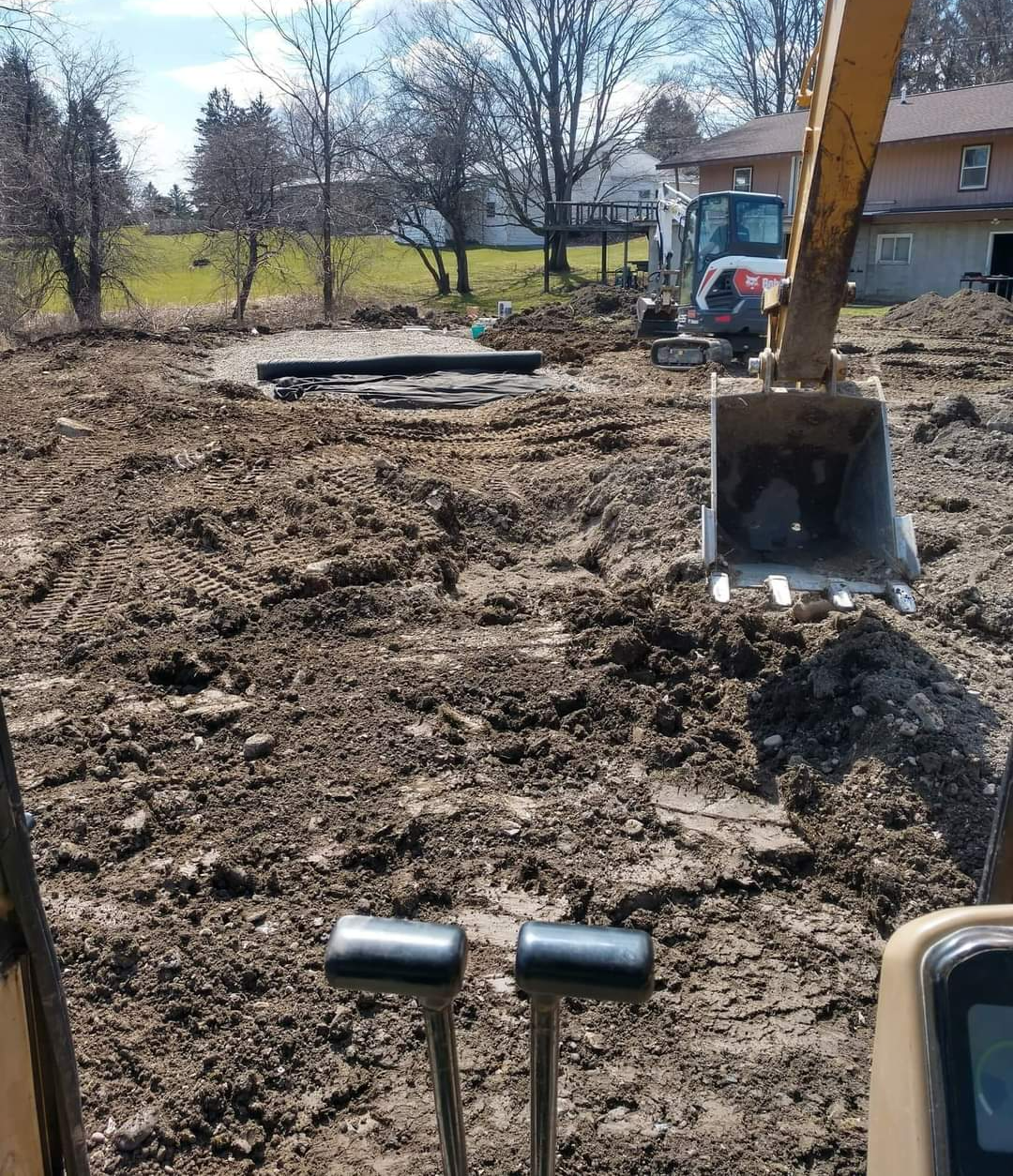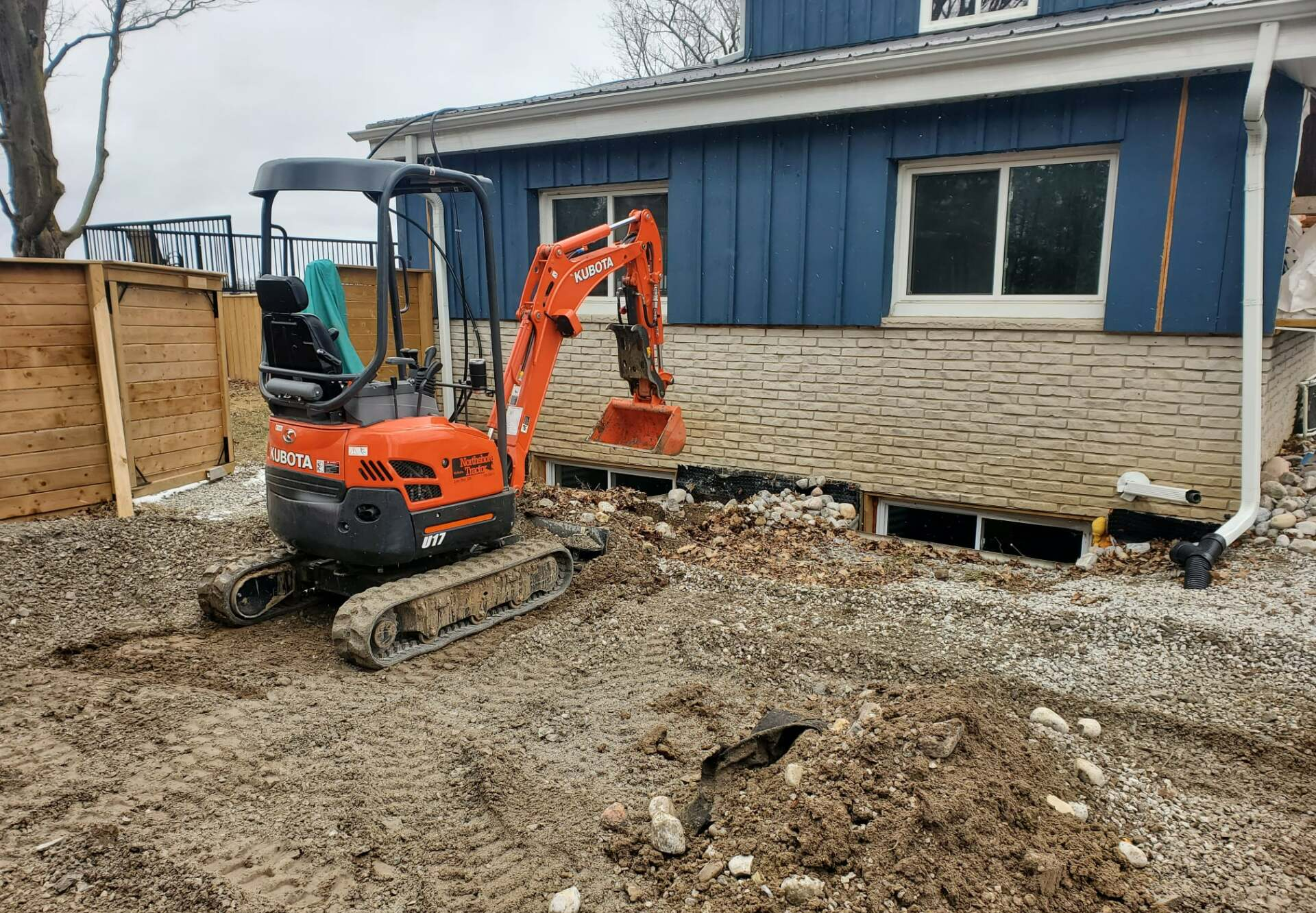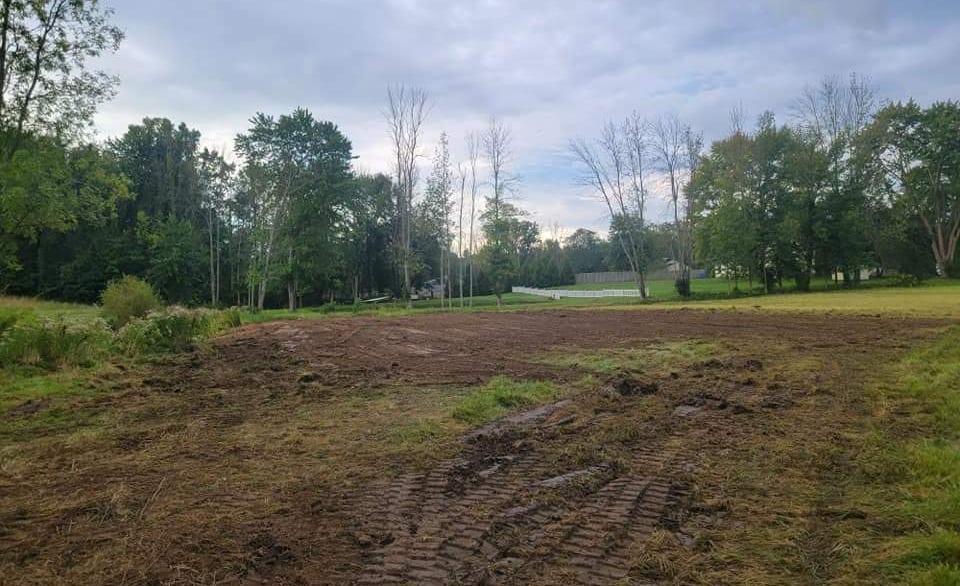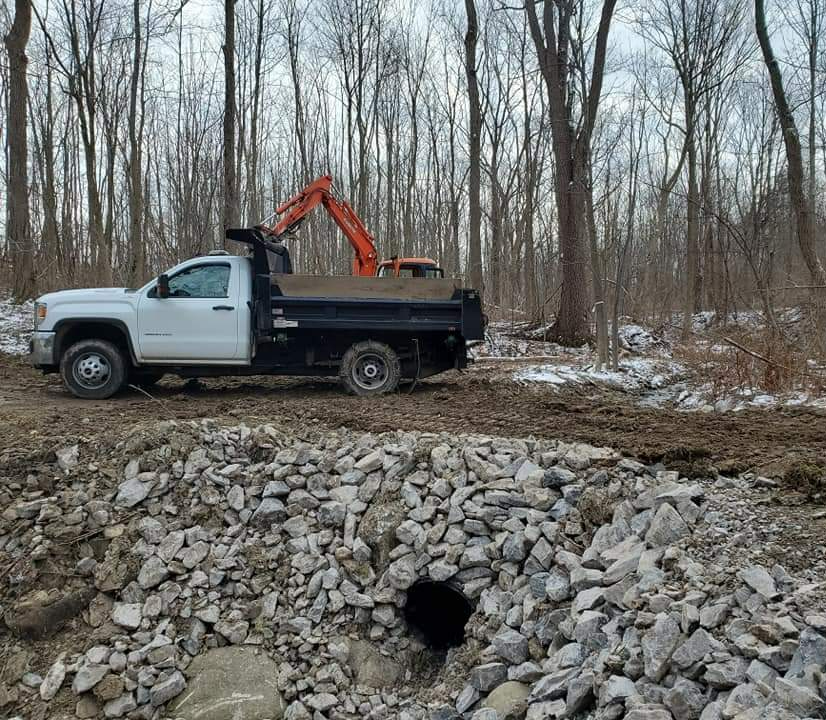We've been providing excellent service as
Site Preparation Contractors
...for over 20 years!
Reliable Site Preparation Contractors
As site preparation contractors, we provide a vital service to the construction industry. We're responsible for preparing sites for new development.
The process of site preparation typically begins with clearing the land of any vegetation or debris that may be present. Once the site is cleared, the excavation contractor will begin to excavate the land to the desired depth.
Depending on the nature of the project, this may involve digging trenches, excavating basements, or even removing large amounts of earth. Once the excavation is complete, the contractor will then begin to level off the land and prepare it for foundation work.
This process is essential in ensuring that new buildings are constructed on stable ground. Without proper site preparation, the foundations of new buildings can be at risk of settlement or collapse.
Benefits of Site Prep
Site preparation is a crucial phase in construction projects, ensuring your site is ready for development. Hiring a professional contractor offers numerous advantages.
Firstly, it saves time and money by preventing the need for later corrections if done correctly from the outset.
As a comprehensive service provider, we handle all aspects, eliminating surprises. Effective site preparation also reduces erosion risks. Poor water runoff management can lead to soil erosion and property damage, but our grading services control erosion and manage drainage, maintaining site stability during construction.
Our experienced team provides excavation services for projects of all sizes, prioritizing environmentally-friendly practices to enhance rather than harm the surroundings.
What We Offer
Site preparation by D R Excavation ensures a solid foundation for construction. Meticulous planning, skilled execution, and attention to detail lead to efficient, secure, and successful projects.
Our Site Prep Steps
Revamping your landscape? Here's the quick scoop on land grading. Step one: Survey the lay of the land. Step two: Heavy equipment reshapes it. Precision is the name of the game.
The Grading Process
When you think about grading, what comes to mind? For many people, the first thought is that grading is simply the process of flattening an area. However, there's much more to it than that! Grading is actually one step in a multi-step process that needs to be followed in order for your project to be successful.
If you're not careful, all your hard work can be undone if attention isn't paid to each step in the process. One mistake can cause everything you've built on top of the grading work to crumble. That's why it's so important to take your time and do things right!
Grading may seem like a quick and dirty job, but it's actually an environmentally friendly way to clear trees with low soil disturbance. In fact, our Right of Way Clearing Machine can handle even the most challenging terrain!
1
Site Preparation
D R Excavation provides a comprehensive suite of services, covering excavation, earthwork, and drainage. In the realm of earthwork, we expertly manipulate terrain, crafting embankments, slopes, and various project-specific features with precision.
Our proficiency in drainage extends to the meticulous installation of pipes and trenches. These elements are strategically positioned to form an effective network, swiftly directing and managing water accumulation on construction sites.
With a focus on detail and efficiency, our services ensure that your project not only meets but exceeds expectations in terms of both functionality and aesthetics.
2
Reinforcement and Erosion Control
Construction sites, often in erosion-prone areas, may worsen conditions during preparation. Soil wash-off can occur. To prevent this, use reinforcement like riprap—large rocks stabilizing slopes.
Erosion control, including temporary fences and basins, complements these measures, reducing soil erosion risks.
These precautions safeguard worksites and the environment by enhancing soil friction and shielding against eroding agents. Implementing these measures not only ensures the safety of construction crews but also protects the surrounding environment from potential damage, fostering a responsible and sustainable approach to construction.
FAQ's About Site Preparation
Contact Us Today For A Free Quote
Our company has years of experience in excavating all sorts of land, from small residential properties to large commercial ones. We have the equipment and manpower to get the job done quickly and efficiently. Contact us today to get started on your project!




